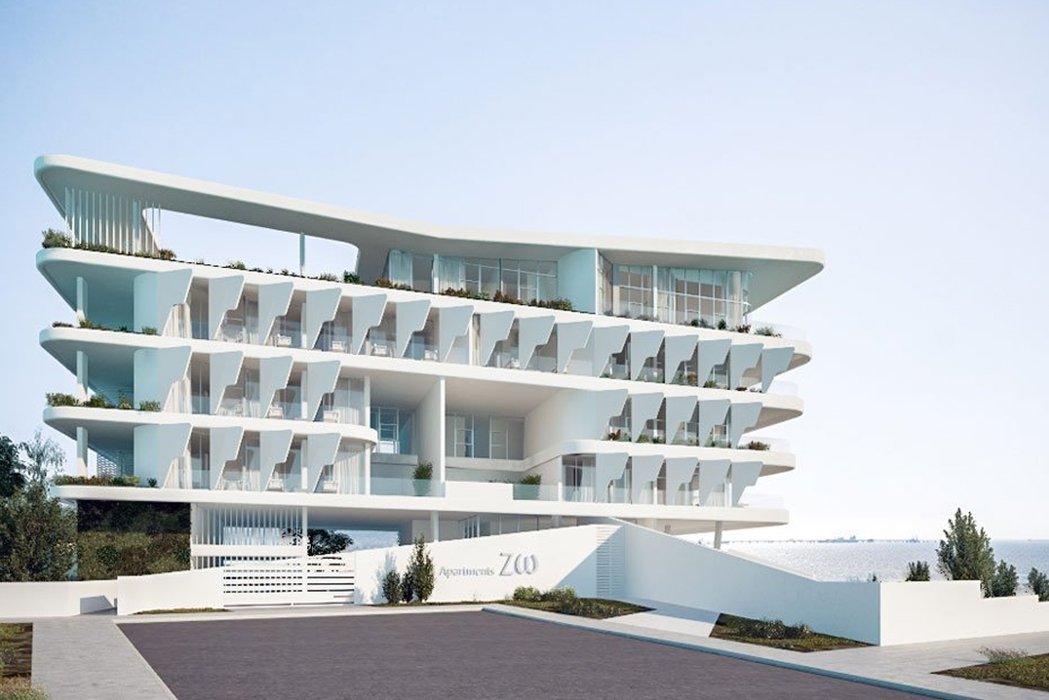Have you ever noticed how some spaces make you feel instantly at ease, while others feel oddly unsettling? It’s not just you; our surroundings play a bigger role in shaping our emotions and sense of self than we might think. In The Architecture of Happiness, Alain de Botton explores how buildings speak to us and, more importantly, what they say about who we are and who we want to be. Let’s unpack some of the ideas that make this book a must-read for anyone curious about the connection between architecture and happiness.
The Power of Design
De Botton argues that architecture isn’t just about walls and roofs—it’s about values. A home, for instance, doesn’t merely shelter us from the elements; it reflects aspirations and ideals. Imagine a simple dining table bathed in sunlight or the clean lines of a well-designed stairwell. These elements might seem mundane, but they resonate deeply, shaping how we feel about our day-to-day lives. Whether you’re working with the best architects Cyprus or browsing home design magazines, it’s worth pondering what your ideal space says about you.
Why Beauty Matters
Contrary to what some might think, caring about aesthetics isn’t shallow. De Botton suggests that beautiful spaces can be transformative. A room filled with natural light and thoughtful details might not solve all of life’s problems, but it can act as a gentle reminder of what’s possible. The way your surroundings are designed—be it a boutique hotel in Limassol or a family home in Nicosia—has the power to subtly nudge you toward hope, creativity, or even tranquillity.
The Emotional Language of Buildings
De Botton likens buildings to eloquent companions. They “speak” to us through their shapes, textures, and proportions. For instance, an austere modernist structure might whisper efficiency and order, while a charming stone cottage could murmur warmth and nostalgia. This makes a case for working with thoughtful professionals like architects Limassol, who understand how to balance form and feeling.
Architecture as Identity
One of the book’s core insights is how deeply tied our sense of self is to the spaces we inhabit. When we return to a well-loved home after a long trip, it’s not just familiarity that greets us. It’s a mirror of our personal history and identity. This connection is why architectural services Cyprus are about more than just constructing buildings; they’re about crafting spaces that resonate with people’s lives.
The Challenges of Perfection
Interestingly, De Botton doesn’t shy away from architecture’s imperfections. No matter how stunning a space is, it can’t erase sadness or cure human flaws. But that’s okay. Good architecture Cyprus doesn’t claim to solve everything. It’s more like a supportive friend, offering quiet encouragement amidst life’s chaos.
Ultimately, The Architecture of Happiness reminds us that the spaces we live in shape who we are. Whether you’re dreaming of collaborating with architects in Cyprus or just rearranging your living room, the lesson is clear: design thoughtfully, live intentionally. After all, happiness might just be a matter of finding the right space to thrive.

